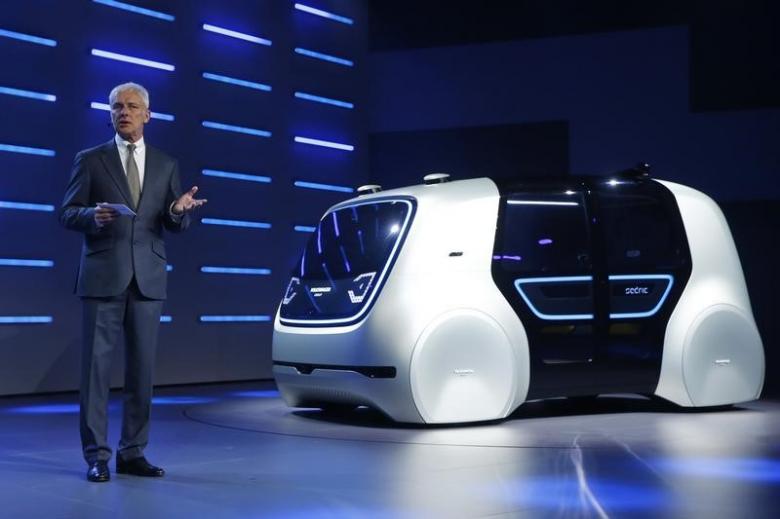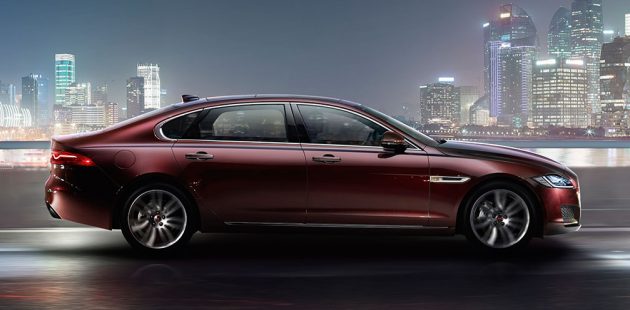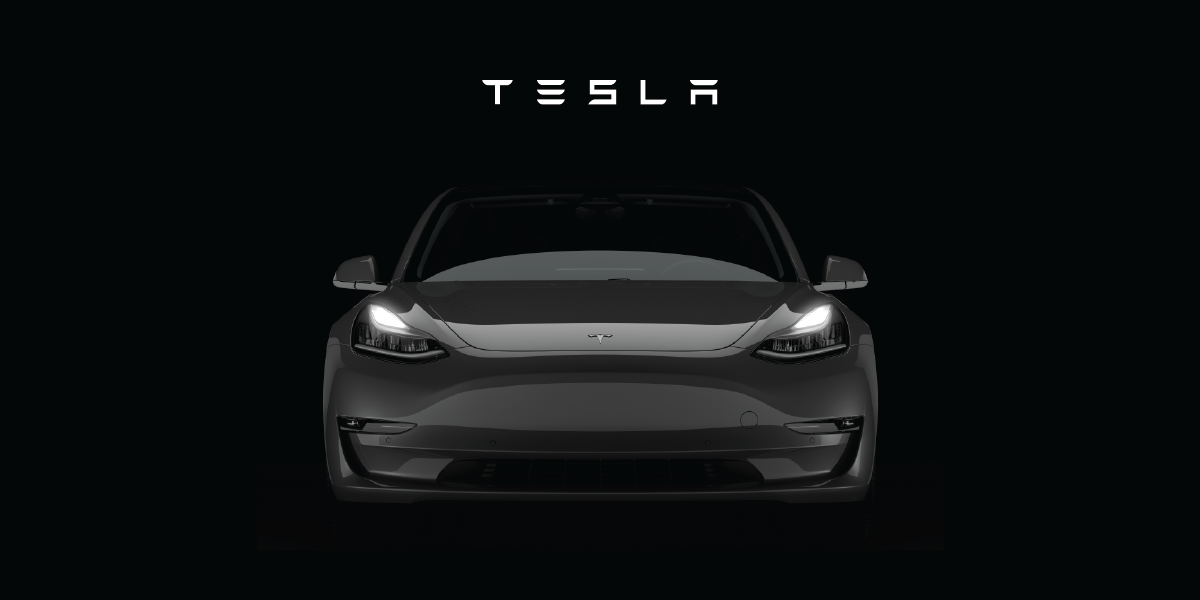Now Reading: German Car Industry to Spend $45 Billion in Electric Vehicles
-
01
German Car Industry to Spend $45 Billion in Electric Vehicles
German Car Industry to Spend $45 Billion in Electric Vehicles

Germany’s automotive industry will spend more than 40 billion euros ($45 billion) in electric vehicles during the next three years to triple the amount of models vying for consumers, the head of the VDA car industry association stated.
The strategy is pivotal to accomplish ambitious goals in the European Union to decrease carbon dioxide emissions and needs the expansion of charging infrastructure, VDA President Bernhard Mattes stated Saturday in a statement prior Geneva car show.
“The ramp-up of electric mobility is coming in Europe,” Mattes stated. “This also demands the appropriate regulatory conditions — right across Europe.”
Automakers are under pressure from record outlays on electric vehicles for a payoff that might be away for years. Consumers still balk at high sticker prices, limited driving ranges and patchy charging facilities. With the number of electric models from Volkswagen, Daimler and BMW reaching about 100 during the next three years, Mattes called for more incentives for costumers.
Along with that, the German automakers are expected to invest 18 billion euros on connected and self-driving cars, VDA stated. The cost burden has urged old rivalries to break down. Daimler and BMW have announced they would cooperate on self-driving vehicles, days after detailing strategies to turn their merged car-sharing operations into a worldwide player. Volkswagen and Ford Motor have agreed to work on vans, a partnership that may extend to self-driving vehicles in future.
Stay Informed With the Latest & Most Important News
Previous Post
Next Post
-
 01Polestar Boss Says It’s Time To Outrun BMW M And Mercedes-AMG
01Polestar Boss Says It’s Time To Outrun BMW M And Mercedes-AMG -
 022026 Toyota Hilux EV: A Powerful Truck with Silent Torque
022026 Toyota Hilux EV: A Powerful Truck with Silent Torque -
 03Spy Shots: 2027 Mitsubishi Pajero Spotted in Testing Ahead of Possible U.S. Return
03Spy Shots: 2027 Mitsubishi Pajero Spotted in Testing Ahead of Possible U.S. Return -
 042026 Corvette ZR1 Production Surges Past Expectations as Output Clears 1,000 Units
042026 Corvette ZR1 Production Surges Past Expectations as Output Clears 1,000 Units -
![2027 Mercedes-Benz S-Class Debuts with V8 Engine [Photo Gallery]](https://speedlux.com/wp-content/uploads/2026/01/2027-Mercedes-Benz-S-Class-33-155x125.jpg) 052027 Mercedes-Benz S-Class Debuts with V8 Engine [Photo Gallery]
052027 Mercedes-Benz S-Class Debuts with V8 Engine [Photo Gallery] -
 06Spy Photos: VW ID. Polo GTI Goes Electric with 223 HP and 280 Miles of Range
06Spy Photos: VW ID. Polo GTI Goes Electric with 223 HP and 280 Miles of Range -
 07Hyundai Palisade’s Breakout Year Shows How Quickly the Market Can Turn
07Hyundai Palisade’s Breakout Year Shows How Quickly the Market Can Turn




![2027 Mercedes-Benz S-Class Debuts with V8 Engine [Photo Gallery]](https://speedlux.com/wp-content/uploads/2026/01/2027-Mercedes-Benz-S-Class-33-700x394.jpg)












































